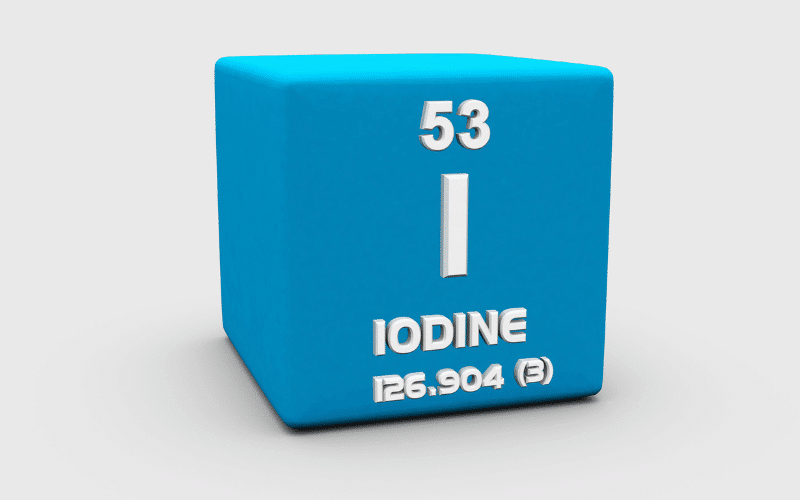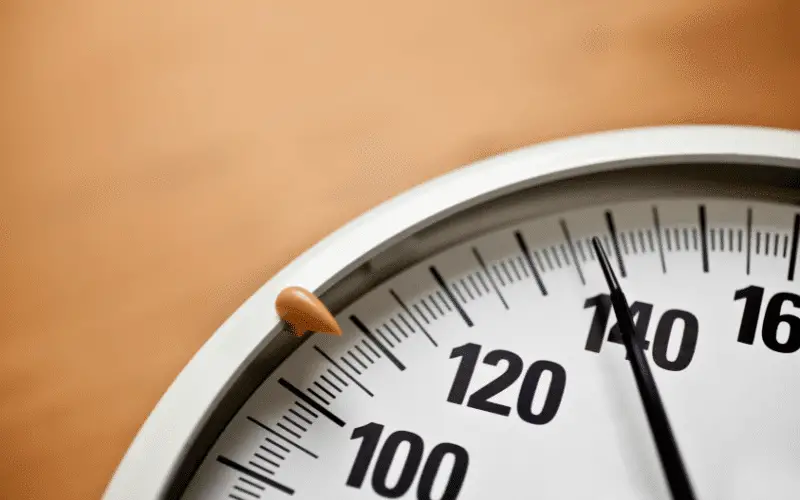Introduction: The Importance of Iodine

Iodine, though often overshadowed by more “popular” nutrients, plays an integral role in our health. This essential trace element is vital for the production of thyroid hormones, which regulate numerous physiological processes, including metabolism, growth, and development. Despite the critical role of iodine, its deficiency remains a global health concern. Alarmingly, it’s not only widespread in developing countries, but it’s also re-emerging in developed nations.
The insidious nature of iodine deficiency is what makes it particularly dangerous. It often manifests in subtle ways, through symptoms that can easily be mistaken for other health issues. This can lead to prolonged suffering, with the root cause going unnoticed and unaddressed. But fret not – the goal of this article is to unmask iodine deficiency, casting a light on the top 10 telltale symptoms that often fly under the radar. By the end of this read, you’ll be equipped to identify possible signs of iodine deficiency, paving the way for timely intervention.
Symptom 1: Unexplained Weight Gain – A Silent Indicator

If you’ve found yourself packing on pounds without a clear cause, iodine deficiency might be lurking in the background.
Our body’s weight management heavily relies on the efficiency of our metabolism, the internal engine burning the calories we consume. At the heart of metabolic regulation are thyroid hormones, which dictate how swiftly or slowly our body uses up energy. Iodine steps into this picture as a critical ingredient required for the production of these hormones.
A dip in iodine levels can throw a wrench into this finely tuned system. Without sufficient iodine, the thyroid gland struggles to produce adequate thyroid hormones, leading to hypothyroidism. This condition dials down your metabolism, causing your body to burn fewer calories. Consequently, you may notice a creeping weight gain, even when your diet and exercise routines haven’t changed.
What’s concerning about this symptom is its sneaky nature. It’s easy to blame a sedentary lifestyle or unhealthy eating habits, overlooking a potential iodine deficiency. However, if the scales keep ticking up despite a balanced diet and regular exercise, it’s worth discussing iodine deficiency with your healthcare provider. (1)